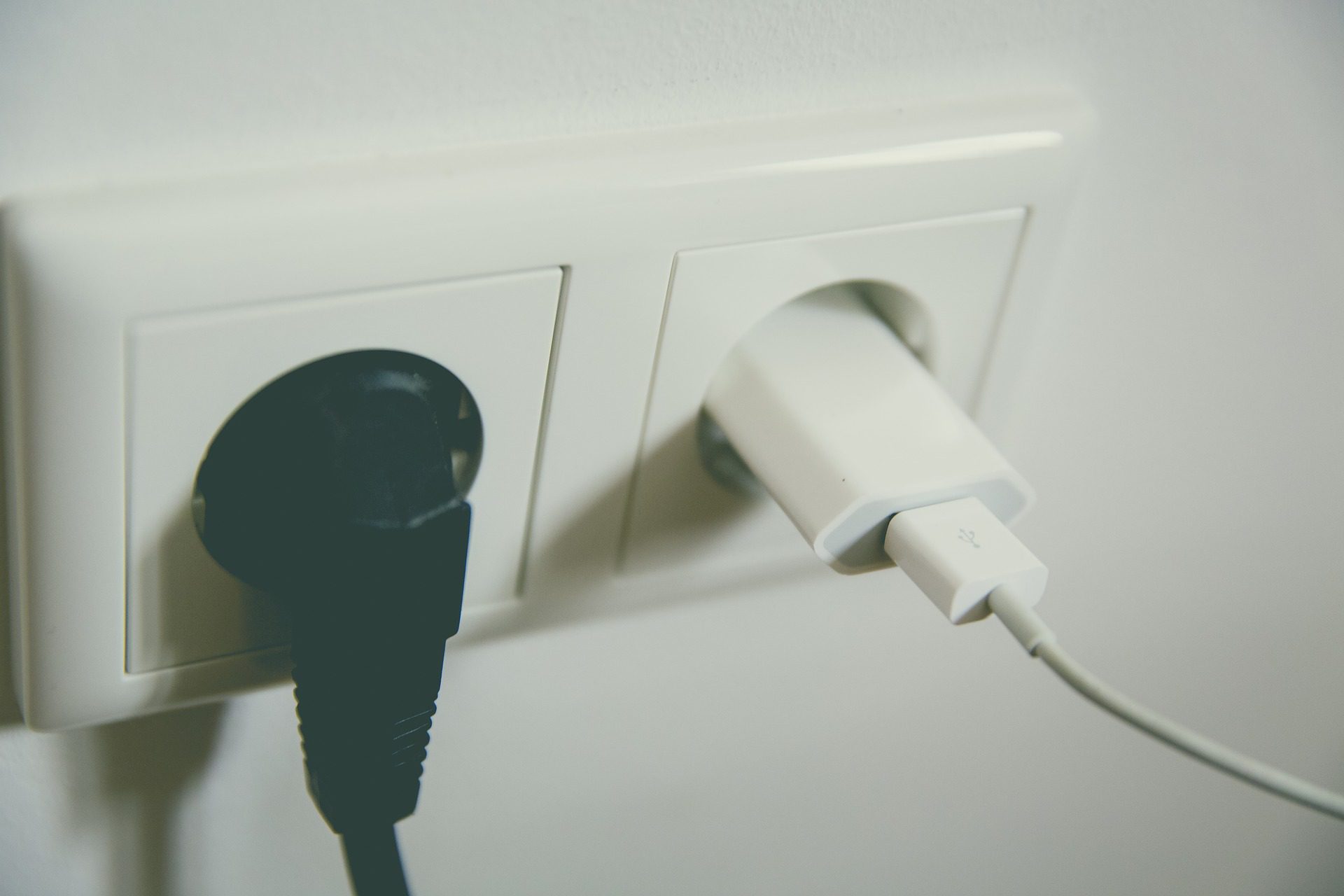Chances are in 2020 you have experienced working from home, there is a big chance that now you either moved into a hybrid working model, alternating between working remotely and going to the office, or you have gone full remote.
Experts claim that COVID-19 changed the workplace culture forever. More than one-third of the global workforce worked from home at some point in 2020, and having to experience work from home to limit the spread of the virus, gave a lot of people another idea of how their work-life, and work-life balance can be like.
Work from home and remote work in general, has a lot of benefits to both the employee and the employer. As an employee working from home or remotely, you have more flexibility, you are in charge of your time and can take productive breaks; doing work around the house, spending time with your family, cooking, exploring a hobby. Remote work gives employees the autonomy to have work-life balance and thus increasing his life quality.
This is believed to have contributed to the huge wave of resignations that took place in the end of 2020 and through 2021, and is still taking place. After experiencing the benefits of remote work, many employees, whose jobs wouldn’t allow a remote work option, felt the need to maintain this quality of life and either get another job where they can work remotely, or become digital nomads.
Remote work is not unbeneficial for employers. Remote work or telecommuting helps them save resources; they don’t need to pay huge rents and bills as before. The improved productivity of employees means more revenues for the organization and lower employee turnover.
This is what drove many giant companies around the world like Microsoft, Google, Facebook, Spotify, Capital One and Citigroup among many other big names, to apply the hybrid model; in an attempt to give their employees the best of both worlds.
But in 2021, it’s important to consider more than the employee and the employer; It’s important to ask, what about the environment?

Is remote work greener than office work?
This question is more complicated than it seems. There is no 100% clear-cut choice on which is better, the only answer that can be given is… It depends.
Working remotely through 2020 had an impact on the environment, most of which was on the beneficial side. However, now that many people are back to the office, whether partially or fully, it’s a big opportunity that we have in front of us to consider how we work and what impact does the way we work has on the environment.
To be able to decide whether working remotely or from the office is greener, we have to look at our habits and how we go about our workdays in both scenarios. Since we have the example of 2020, let’s consider some of the benefits of working from home during that year, had on the environment and their potential today.
Environmental benefits of work from home
The benefits fall into 4 main categories: commute, energy, saving paper and using less plastic.
1. Commute:
One of the most obvious and direct impacts we saw in 2020. When people worked from home, the number of cars on the streets decreased drastically, which reduced fossil fuel consumption and carbon dioxide emissions that cause the greenhouse effect and climate change by a significant percentage.
Consider the number of people who used to drive to work every day (in the US alone this is 90% of the workforce) and they drive usually alone. More cars mean increased emissions and higher pressure on infrastructure.
Plus, many employees left the previously crowded cities, where they came to work, and went back to small towns or suburban areas, which contributed, along with the above, to less air pollution and thus decreased pollution-related diseases, as well as opportunities for development in the suburbs.
However, it’s important to consider the potential impact of these changes now. Consider people who took a bike or transportation or even walked to work; and if you moved to the suburbs, this means longer commute and higher emissions.
Also having a remote team or being a digital nomad, can mean flying more often, flights contribute to greenhouse emissions more than cars do.
2. Energy
While employees are maybe uninterested in saving energy at work, saving energy at home has a direct financial impact on them, so they are more likely to do so.
In 2020, in many parts around the world, electricity consumption at home increased as more people are at home, maybe in different rooms, using different devices. However, the World Economic Forum reported that consumption of power dropped overall during the work from home period in 2020 as homes don’t use as much electricity and heating as big offices do.
If the house of a worker from home is well insulated and he/she makes energy-conscious choices, like unplugging devices when not in use, using less hot water and power-saving devices and lights, they can reduce energy use by more than half.
3. Saving paper
Employees in the office use a lot of paper, at home, as the employee bears himself the cost of printing, he tends to be more economic. Since only two-thirds of the paper worldwide is recycled, it’s important to limit paper usage.
By limiting the use of paper, you are also saving trees. One tree can contribute to clearing the impact of carbon emissions which over a period of time can really help our planet.

4. Using less plastic
When you work from home, you are likely to drop the morning takeaway coffee, and the plastic packaged lunch or snacks and you are also likely to drink water from refillable bottles or the sink, rather than disposable bottles. All these practices help reduce plastic waste, which takes years and years to degenerate.
Tips for maintaining some of the benefits
For employees: Consider using a bike or public transport or even walking to the office, switch to renewable energy sources at home, be mindful of electricity and heat consumption, turn off your devices when not in use, cook at home using local produce if possible, using digitized documents and the cloud instead of paper.
Extra step: if you work remotely, use some of your free time to help the environment in your home or your community. Like volunteering to clean beaches and lakes, planting trees or cleaning a park.
For companies: Acknowledge that even the hybrid model can be harmful, when people work at home and in the office and both are using energy. Try to limit the energy used to the number of employees at the office. Consider building an eco-friendly reputation for yourself by making environmental conscious choices regarding your offices, employees and the community.
Do you consider the environment in your work life?










